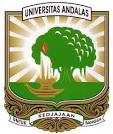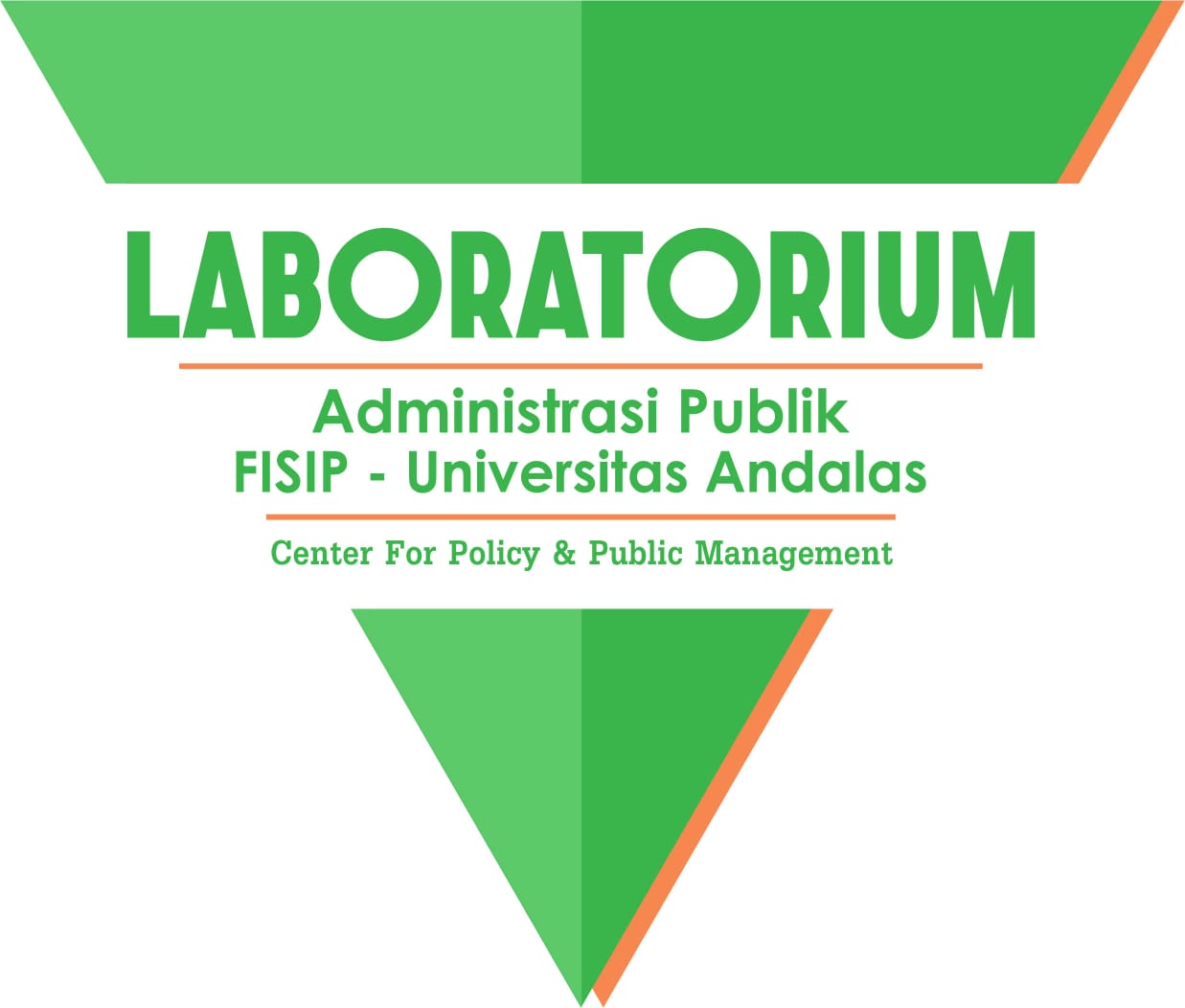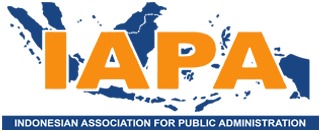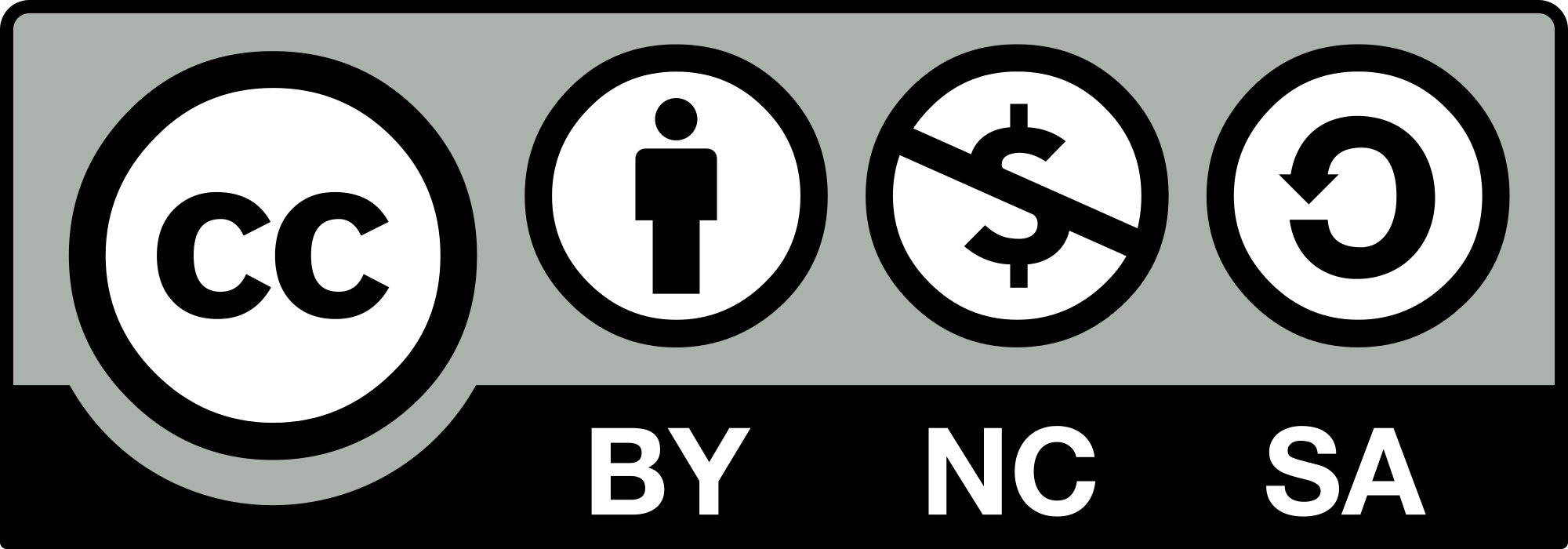COVID-19 Perubahan sosial masyarakat pasca pandemi Covid-19 di Kota Malang
Abstract
Covid-19 was first discovered in Wuhan, Hubei Province in China at the end of 2019 to be precise in December. The entry of Covid in the middle of our lives, we are preoccupied with a series of dense activities in the days that we pass, Covid-19 changes all the structures of our lives and our patterns of life, from Covid-19 we are able to learn to be more careful, we are required to continue live a healthy life, wash your hands more actively and maintain a healthy diet and sleep. The method used in this research is qualitative, using a content analysis approach in its presentation using descriptive methods. In this study, researchers used documents in the form of text, images, symbols, news, and newspapers as sources of research data. By using this analysis, it is used to obtain data information that comes from online news. This research was conducted by collecting data in the media or online news related to changes in society after the Covid-19 pandemic in Malang. Persons' thinking is the existence of a process of differentiation, which assumes that every society is composed of a set of different subsystems based on its structure and functionalism for the wider community. Social changes in society due to Covid-19 have resulted in changes in behavior.Talcott Parsons gave birth to a Functional theory of change. As has been argued by his predecessors, Parsons also makes an analogy of social change in society, such as growth in living things.
Downloads
Copyright (c) 2021 Luxy pujo Sakti

This work is licensed under a Creative Commons Attribution-NonCommercial-ShareAlike 4.0 International License.










